Currys chief executive Alex Baldock has said Labour’s workers’ rights plan risks “making people inadvertently poorer”, as business leaders express doubt over the party’s reforms.
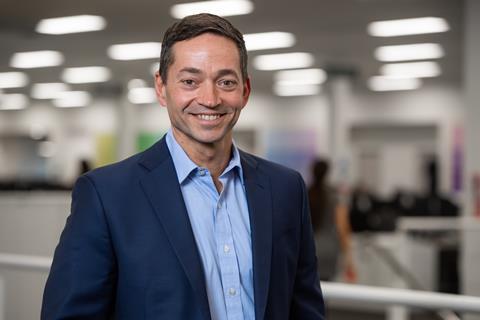
Labour has said it would secure a “new deal for working people” if it were to win the general election and take power.
Proposals are reported to include ending zero-hour contracts, eliminating qualifying periods for full employment rights and giving staff the right to claim unfair dismissal immediately after starting a new job.
Baldock expressed concerns about the employment reforms but said Labour is still being “much more business-friendly” than in the past.
He told The Telegraph: “Everyone should be careful that – admirably intended though it may be to seek to protect people – that you don’t inadvertently make them poorer.
“The more restrictions that you put in place, the less flexibility you allow in businesses’ relationships with their colleagues, the less likely businesses are to hire and the less likely they are to invest.”
Other business leaders are worried about plans to introduce “day one” rights for workers as this could mean the end of probation periods, which would make it harder to dismiss employees who perform poorly from the start.
Baldock added that probation periods are “really important” for businesses and it “wouldn’t be a step in the right direction” to eliminate them.
Labour insists the reforms will not mean the end of probation periods.
Last week, Currys increased its profit forecast for the financial year to at least £115m.
The upgrade came after Currys rejected two bids from Elliott Advisors to buy the business after it “significantly undervalued” the business. JD.com also walked away from a bid.
Baldock said: “Do I think the business is anywhere near its full potential in terms of the share price now? Absolutely not. The board and the top 10 shareholders all unanimously turned down a 67p-a-share offer because we say we can do better.”


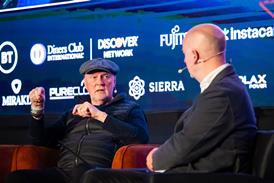

















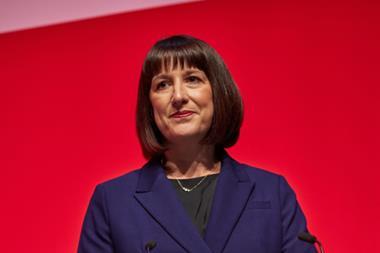
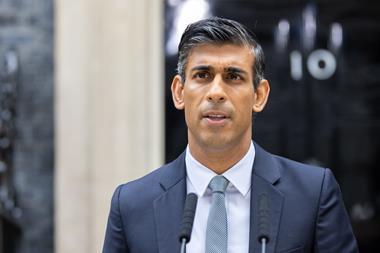
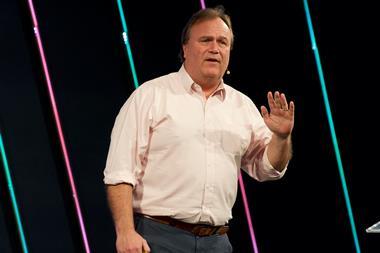
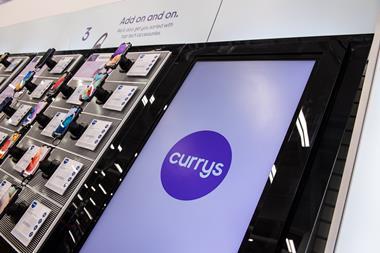
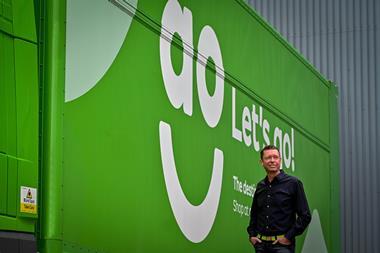
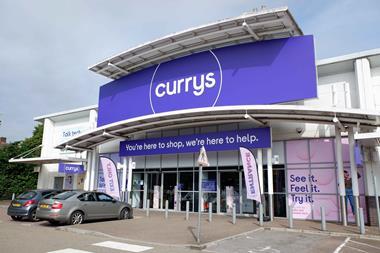
No comments yet